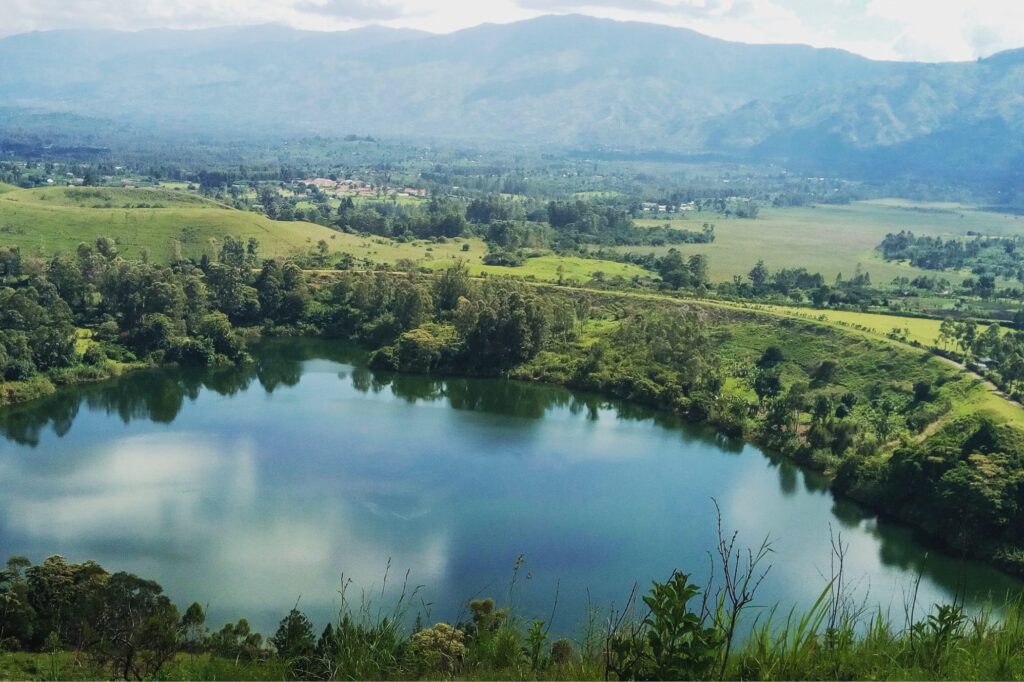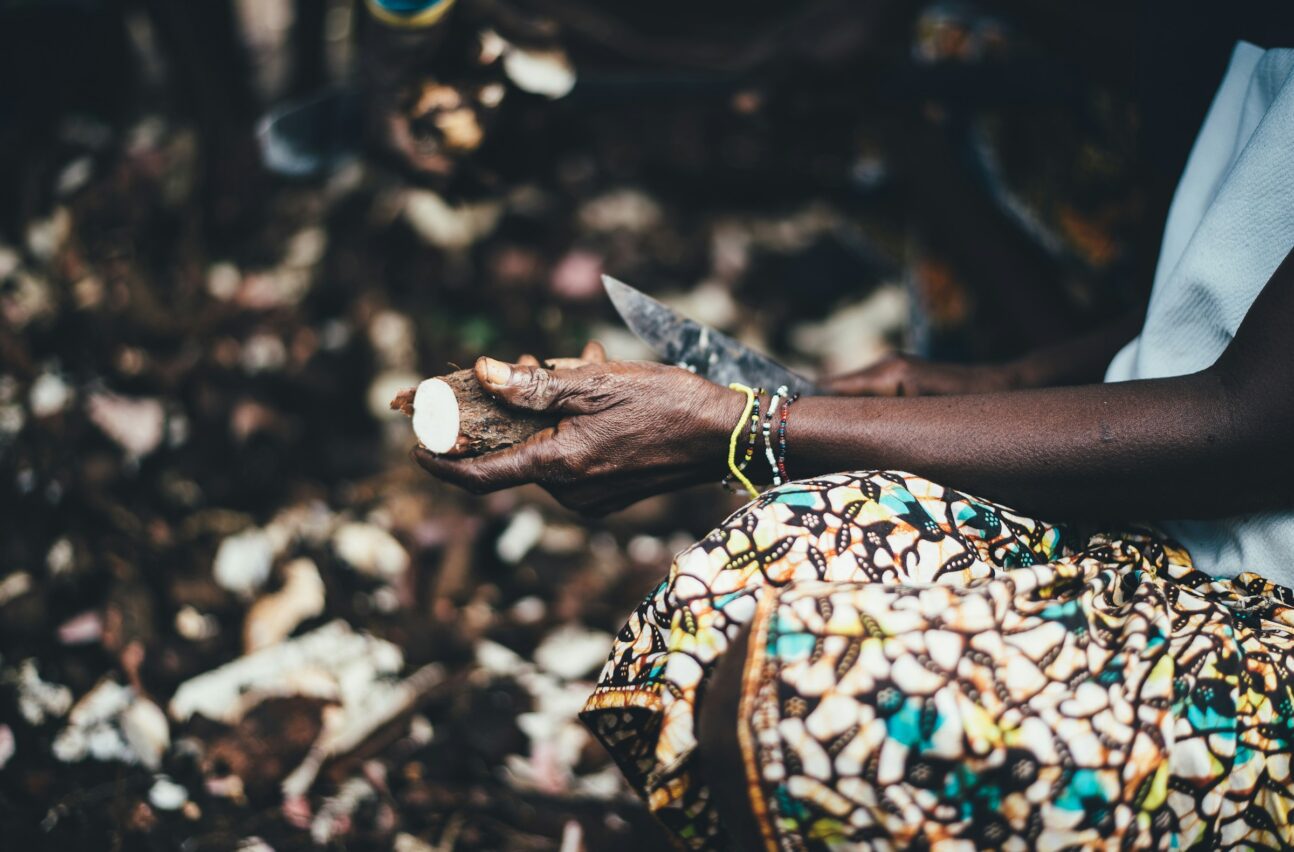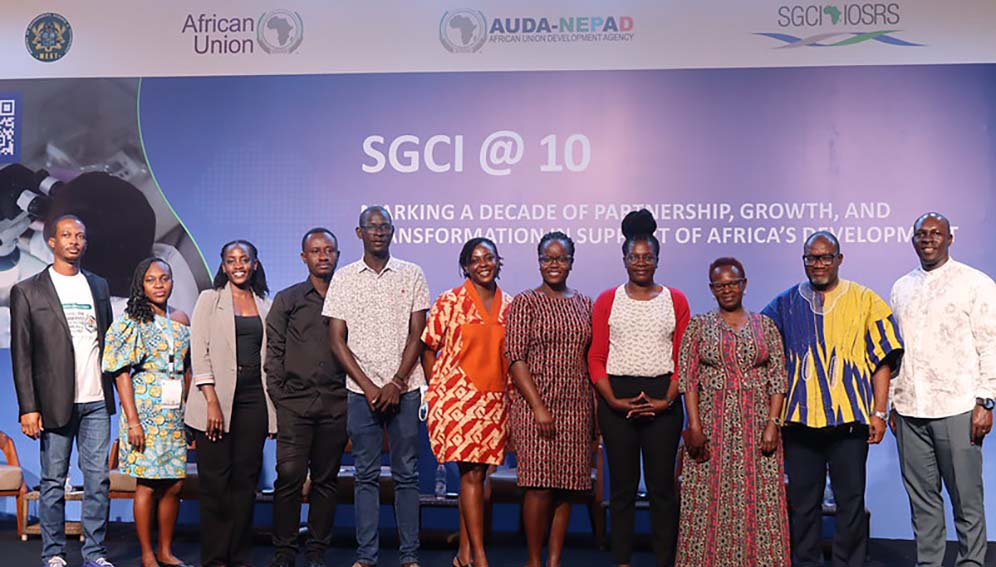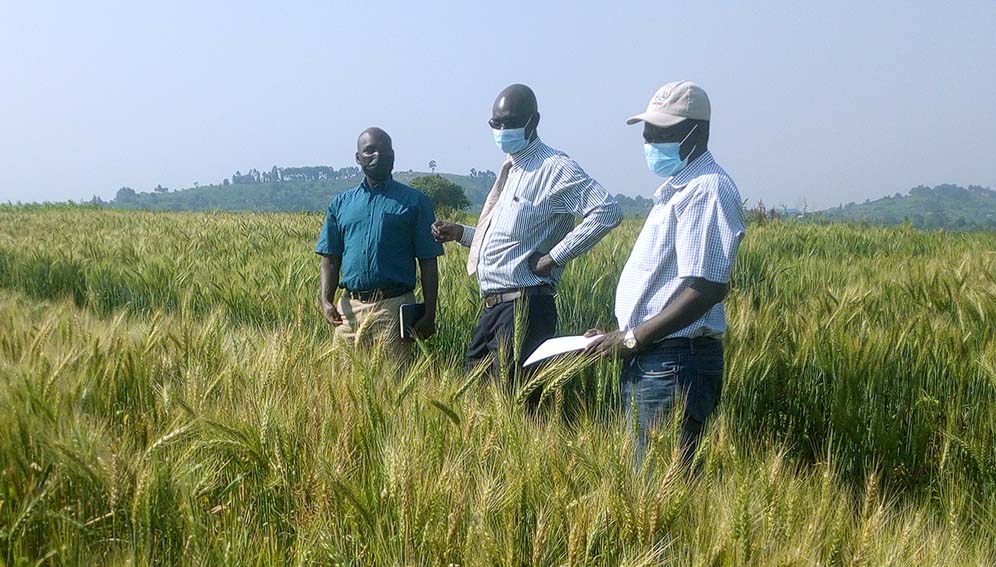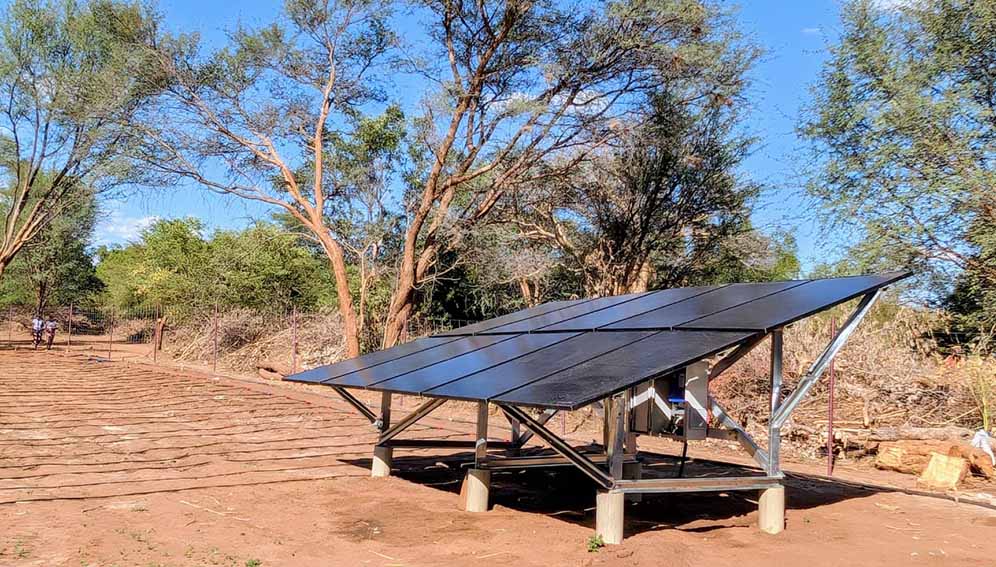Burkina Faso
Science Granting Council
Summary
Provide a secure framework for funding research and innovation activities throughout the national territory so that the results produced are truly vectors of well-being for the populations and generators of wealth and prosperity for the entire nation.
Council details
The Fonds National de la Recherche et de l’Innovation pour le Développement (FONRID) plays a vital role in advancing research and innovation in Burkina Faso. Established in 2011, FONRID provides a secure and strategic framework for funding scientific research and innovation activities across the national territory.
Its mission is clear: to ensure that research outcomes contribute meaningfully to public well-being while generating economic growth and national prosperity.
Promoting Research for National Development
FONRID began with a strong development mandate, aiming to integrate research into national policy and decision-making processes. As part of its core activities, it issues calls for research project proposals, supports capacity building, and equips laboratories across the country.
Through its initiatives, FONRID also provides support for researchers to attend scientific conferences and symposiums, boosting visibility, networking, and knowledge exchange.
Partnering with the SGCI
FONRID has participated in the Science Granting Councils Initiative (SGCI) since 2015 and formally signed a partnership agreement in 2018. This collaboration has significantly enhanced its operational capacity and reach.
SGCI support has enabled FONRID to strengthen its internal processes and launch impactful programmes focused on gender, inclusion, and diversity in research.
One notable achievement has been the integration of gender into funding mechanisms, removing barriers to access for female researchers and encouraging research on gender-related topics.
Expanding Influence Through Regional and Global Collaboration
FONRID is actively raising its profile at national, regional, and international events, amplifying its role as a key player in Burkina Faso’s innovation ecosystem. It collaborates with other science granting councils, such as in Senegal, and is actively pursuing private sector partnerships to diversify funding sources.
As part of its gender platform, FONRID has introduced initiatives to inspire young girls to pursue careers in science and research, further promoting equality and diversity in the national research landscape.
Leadership Perspective: FONRID’s Impact
In an insightful interview, Djibril Yonli, Project Leader at FONRID, shares how the institution has evolved since its inception. He highlights FONRID’s strategic contributions to Burkina Faso’s development goals and its growing impact on innovation across the African continent.
Impact we’re having
Stories of change
Low-tech health app engages
Five years after its launch, PENSA – a mobile app developed in Mozambique— has been accessed by…
SGCI funded projects
10 research projects transforming sweet potato, cassava and moringa in Burkina Faso
Project Titles & Institution Areas of Research Number of Projects being funded Project Duration Grant Amount In-Kind Distribution Council Collaboration with other councils
Related News
SGCI 2026: Strengthening science granting councils for leadership
As African countries confront increasingly complex development challenges ranging from climate change and health security to food systems, digital transformation, and economic diversification, the need for strong, responsive national science funding institutions has never been more urgent. Science granting councils sit at the centre of…
In case you missed it: Stories driving science impact across Africa
As the Science Granting Councils Initiative (SGCI) prepares to roll out a new phase of activities, we revisit some of our most-read stories highlighting how stronger research systems, innovation, and climate-resilient science are delivering impact across Africa. From strengthening national research systems and financing mechanisms…
Towards 2026: African innovations pointing to what comes next
As we step into 2026, research-driven innovation continues to shape how communities respond to long-standing development challenges, from health and food security to climate resilience, jobs, and sustainable industry. Backed by the Science Granting Councils Initiative (SGCI), these projects show how local science, when aligned…

